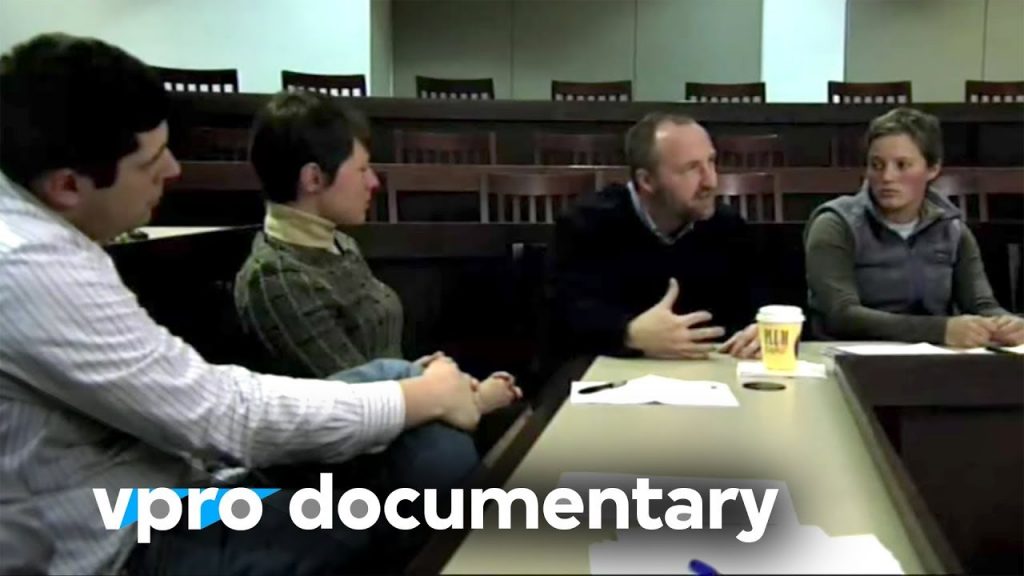“The Chicago Sessions” takes us on an intellectual journey alongside renowned philosopher and University of Chicago Law School professor, Martha Nussbaum, as she engages in a series of thought-provoking discussions with a group of bright law and philosophy students. Against the backdrop of the prestigious University of Chicago, where both economist Milton Friedman and President Barack Obama have shared their perspectives, this documentary delves into the ethical implications of the financial crisis that shook the nation.
Nussbaum and her talented group of students embark on an exploration of the ethical principles that could shape our post-crisis society. The hallowed grounds of the University of Chicago provide a fitting arena for these discussions, as they symbolize the convergence of different ideological viewpoints on matters of economics and social policy. Guided by their academic curiosity, the students grapple with crisis-related issues such as mortgage lending practices, foreclosures, bailouts, and CEO pay, seeking to uncover the ethical dimensions underlying these complex problems.
Drawing on real-life case stories provided by the students themselves, the discussions are fueled by vivid examples that illuminate the impact of the financial crisis on the people of Chicago. The devastating consequences, from threatened livelihoods to the erosion of fundamental human needs like shelter, income, and education, paint a stark picture of the disparities between the financial industry and everyday citizens. As the students test their ideas against esteemed professors and field experts, the documentary provokes us to question the very foundations of our society and to reevaluate the principles that have guided us thus far.
Amidst the tumultuous aftermath of the crisis, “The Chicago Sessions” raises fundamental questions about justice and fairness in our economic systems. It challenges the prevailing belief in the infallibility of free markets and compels us to confront the gap between legal permissibility and moral responsibility. While much of the actions leading to the crisis were within the bounds of the law, the documentary urges us to ponder whether they were also just, given the profound impact on individuals and communities.
Through its engaging narrative and intellectual discourse, “The Chicago Sessions” prompts us to reflect on the consequences of our societal choices. It forces us to confront the harsh reality that while the financial industry received bailouts, ordinary citizens faced the dire repercussions of the crisis. The film serves as a catalyst for critical examination, compelling us to reevaluate our trust in free markets as mechanisms for delivering equitable outcomes.
Ultimately, “The Chicago Sessions” offers a powerful platform for grappling with the ethical complexities of the financial crisis. It highlights the urgent need to rethink and reshape our society, placing human well-being at the forefront. By exploring the profound impact on the people of Chicago, including a neighborhood in close proximity to President Obama’s own home, the documentary brings the crisis to life and underscores the imperative of finding just and equitable solutions.
In conclusion, “The Chicago Sessions” serves as a captivating intellectual journey, guided by the incisive mind of Martha Nussbaum and her group of talented students. It challenges us to question the ethical underpinnings of our post-crisis society and demands a reevaluation of our principles and priorities. As we witness the far-reaching consequences of the financial crisis, this documentary urges us to confront the ethical dilemmas at its core and strive for a more just and equitable future.

